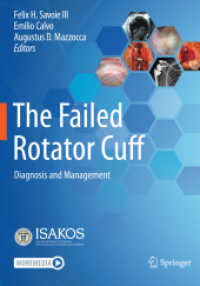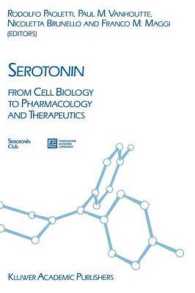- ホーム
- > 洋書
- > 英文書
- > Business / Economics
Full Description
Having stagnated for decades in the shadow of the UK, the Irish economy's performance improved after it joined the European Union (EEC) in 1973. This Element shows how the challenge of EU membership gave focus and direction to Irish economic policy. No longer dependent on low value-added agricultural exports to Britain, within the EU Ireland became a hub for multinational corporations in IT and pharmaceutical products. This export success required and facilitated a strengthening of education and social policy infrastructures, and underpinned the achievement of high average living standards. EU membership has also brought challenges, and several severe setbacks have resulted from Irish policy mistakes. But the European flavour of Ireland's structural policies (leavened with exposure to US experience) has helped it navigate the hazards of hyper-globalization with fewer political tensions than seen elsewhere.
Contents
Introduction and summary; 1. The modernization of production; 2. The changing population and its living standards; 3. Institutional change and microeconomic policy; 4. Macroeconomic volatility; Abbreviations; References.








